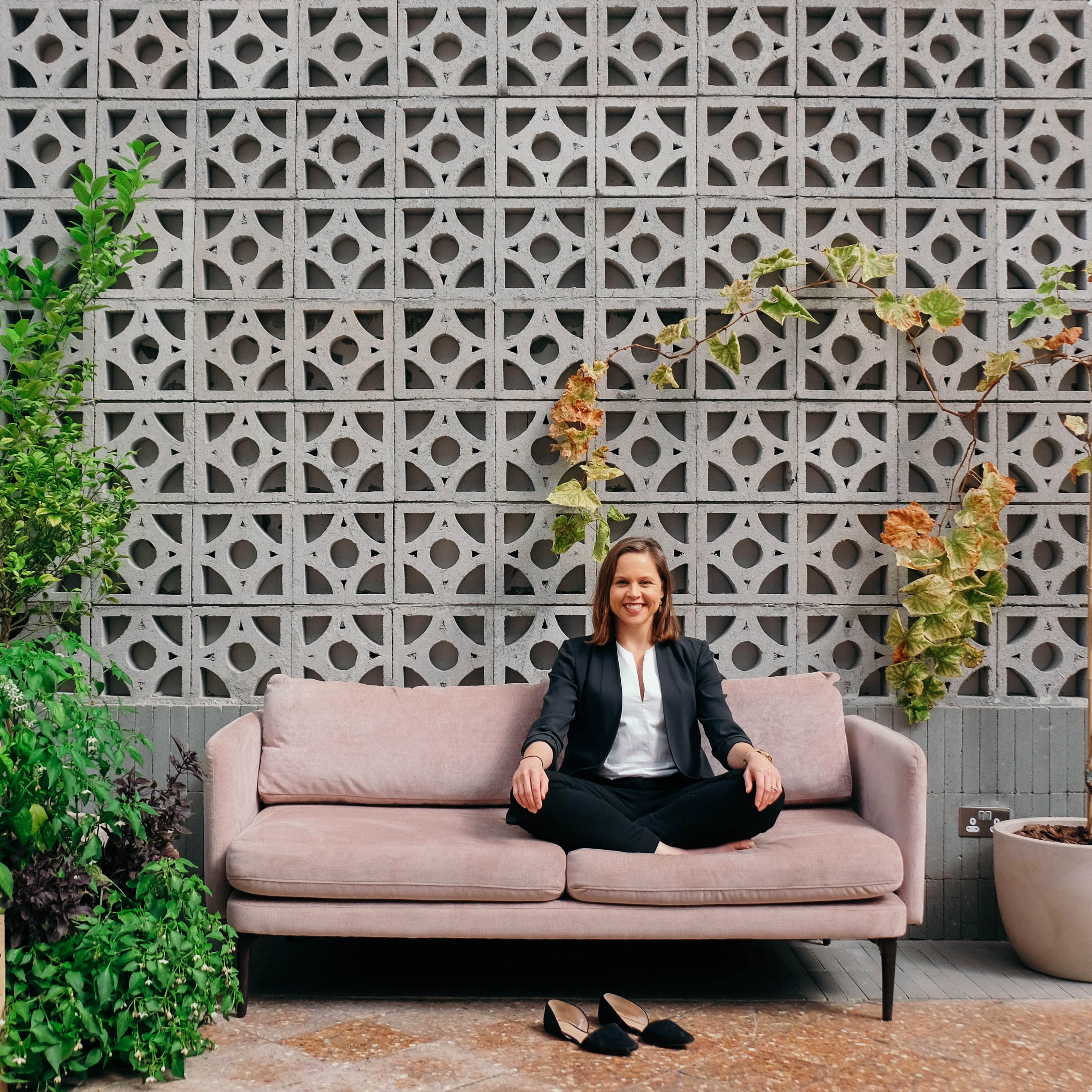Green House conversations – Dr. Melissa Lanworthy د.مليسا لانغورثي
Melissa Langworthy is a feminist economist and researcher. She’s worked with both local and international organizations like: Pearl Initiative, Oxfam, KFAS, en.v, AUB, Women’s Refugee Commission, and Ladysmith. Her work focuses on social impact, economic empowerment, and inclusivity issues.
How did you become a feminist economist?
I actually didn’t know my job existed; nobody, not even at university level told me. I left my undergrad thinking I was going to be a neuroscientist: doing research on poverty still, but in the brain. So, investigating how growing up poor shapes children’s brains and how scarcity impacts decision-making. When I found out that feminist economics existed, it was like suddenly a door had opened and I had this amazing new toolkit to address issues of social inequality, economic access, and inclusivity for organizations or in governments. I was hooked! I went to LSE for my first masters and then went for my doctorate in the US at Tulane University.
What does work in this field entail?
That’s a big question I’m pretty sure my family still doesn’t even fully get what I do! I do understand that this something that isn’t easily digestible. My mother still asks me “How do I explain that to my friends? My friends don’t know what a feminist economist is!”
The application for feminist economics is so broad, but there’s so little knowledge, so even I change my job description depending on the job or the clients. I advertise as a gender expert, that focuses on issues of development in economics. I can be a gender and sustainability expert. Most of what I do is either on policy writing level, research level or community level. Mostly what people want when they hire me or other feminist economists, is a way to understand, challenge, and ultimately, change systems that are outdated or unfair. The feminist in the title tells people that I will conduct the analysis (whether it is for a policy or program design) with a specific focus on equality of outcomes. This equality is mainly gender-focused, but also intersects with issues of class, ethnicity, income, education, etc: who has access to resources and how are they able to use them in their household, community, or country.
Even though a lot of people think that recognizing women’s issues means drawing some sort of line between older and younger women or between men and women, I think we are really all in the same boat. Because, whoever we are, man or woman or old or young, we’re all living in a world that’s asking to change but none of us really knows what a new order looks like. And our ideas of home, success, and work were formed 20, 30, or more years ago – which in this age of rapid change, was a different era.
And how has it been doing this kind of work in Kuwait?
A lot of my work before coming to Kuwait was on a development level. So, I was looking at people that had very few options. I was evaluating how they were being treated by NGO programs. I came here and I was just knocked over by the context change. First, by how some of the issues are universal, they have nothing to do with poverty and privilege, it’s just life. Second, by how, in Kuwait, I’m surrounded by people that have so many choices; so it’s interesting see how with an abundance of opportunities, people choose entrepreneurship, for example, and how this choice of work impacts their identity and opportunities .
One of the things that really interest me in Kuwait is that it has a very unique macroeconomic structure; the rentier state. I ask questions like: How does female entrepreneurship translate in this environment? How are Kuwaitis absorbing it, changing it, and putting it back out there and making it their own? So, for me it’s interesting, to be surrounded by people that are making a new life, culturally. And to see small businesses and creative businesses pave the way for the transition that Kuwait is going through right now is extremely interesting. Also, what does this mean for the understanding of academics and policymakers around how people, and especially women, relate to work, identify themselves with their work, and choose their work.
ميليسا لانغورثي خبيرة اقتصاد نسوي وباحثة. عملت مع منظمات محلية ودولية مثل: مبادرة اللؤلؤ، أوكسفام، مؤسسة الكويت للتقدم العلمي، اي ان في ، الجامعة الأميركية في بيروت، لجنة اللاجئين النسائية، وليدي سمث. يركز عملها على التأثير الاجتماعي والتمكين الاقتصادي والقضايا الشمولية
كيف أصبحتِ خبيرة اقتصاد نسوي؟
في الواقع لم أكن أعرف أن تخصصي موجود؛ لم يخبرني أحد به، ولا حتى الجامعة. عند تخرجي من الجامعة فكرت بأنني أريد أن أصبح عالمة أعصاب: اجري بحوث عن تأثير الفقر، ولكن على الدماغ. ودراسة كيفية تأثير النمو ببيئة فقيرة على شكل أدمغة الأطفال وكيف تؤثر ندرة الموارد على عملية صنع القرار. عندما اكتشفت وجود الاقتصاد النسوي، بدا الأمر كأن باباً فتح لي فجأة، وأصبح لدي مجموعة أدوات جديدة مذهلة لمعالجة قضايا عدم المساواة الاجتماعية، المداخل الاقتصادية ، وقضايا الشمولية للمؤسسات أو في الحكومات.أحببت الأمر! فذهبت إلى جامعة لندن للاقتصاد والعلوم السياسية للحصول على درجة الماجستير الأولى ثم ذهبت إلى الولايات المتحدة للحصول على درجة الدكتوراه من جامعة تولين
ما الذي شكل العمل في هذا المجال؟
هذا سؤال جيد أنا متأكدة من أن عائلتي إلى الآن لا تعلم بشكل كامل ما هو مجال عملي! أفهم أن هذا المجال لا يمكن فهمه بسهولة. ما زالت والدتي تسألني كيف أشرح تخصصك لأصدقائي؟ أصدقائي لا يعرفون ما هو الاقتصاد النسوي
تطبيقات علم الاقتصاد النسوي واسعة جدًا، ولكن هناك القليل من المعرفة، لذلك أقوم بتغيير وصف وظيفتي بناءً على الوظيفة أو العملاء. يمكن أن أصف نفسي كمختصة في النوع الاجتماعي، وأركز على قضايا التنمية في مجال الاقتصاد. كما يمكنني أن أكون خبيرة في النوع الاجتماعي وتأثيره على الاستدامة. معظم ما أقوم به هو إما على مستوى كتابة السياسات أو على مستوى البحوث أو على مستوى المجتمع. في الغالب ما يريده الناس عندما يوظفونني أو أو يوظفون الاقتصاديين النسويين الآخرين، هولايجاد طريقة لفهم، تحدي، وفي نهاية المطاف، تغيير الأنظمة التي عفا عليها الزمن أو غير العادلة. النسوية هي العنوان الذي يُخبر الناس أنني سأجري التحليل (سواء كان ذلك لتصميم سياسة أو برنامج) بالتركيز بشكل خاص على المساواة في نتائجه. تركز المساواة هنا بشكل أساسي على النوع الاجتماعي، ولكنها تتقاطع أيضًا مع قضايا الطبقية، العرق، الدخل، التعليم ، وما إلى ذلك: من لديه حق الوصول إلى الموارد وكيف يمكنهم استخدامها لأسرهم أو مجتمعهم أو بلدهم
على الرغم من أن الكثير من الناس يعتقدون أن التعرف على قضايا المرأة يعني رسم نوع من الخطوط الفاصلة بين النساء الأكبر سنا والأصغر سنا أو بين الرجال والنساء، الا انني أعتقد أننا جميعا في نفس القارب. لأنه، أياً كنا ، سواء كنا رجلاً أو امرأة أو كبيرًا أو شابًا ، فنحن جميعًا نعيش في عالم يطلب التغيير ولكن لا أحد منا يعرف حقًا ما سيبدو عليه النظام الجديد. وقد تشكلت أفكارنا عن المنزل، النجاح والعمل منذ 20 أو 30 سنة أو أكثر – والذي كان عصرًا مختلفًا خصوصا في عصرنا السريع هذا
وكيف يسيرهذا النوع من العمل في الكويت؟
كان الكثير من عملي قبل مجيئي إلى الكويت على مستوى تنموي. لذا، كنت أراقب الأشخاص الذين لديهم خيارات قليلة. وأقوم بتقييم كيفية معاملتهم من قبل برامج المنظمات غير الحكومية. أتيت إلى هنا وكنت مدهوشة لتغير السياق. أولاً ، من كيفية كون بعض القضايا عالمية، ليس لها علاقة بالفقر والامتياز، إنها الحياة. ثانيًا، كوني في الكويت محاطة بأشخاص لديهم العديد من الخيارات؛ لذا من المثير أن نرى كيف أنه مع وفرة الفرص، يختار الناس ريادة الأعمال، على سبيل المثال، وكيف يؤثر اختيار هذا العمل على هويتهم وفرصهم
من الأشياء التي تهمني حقًا في الكويت أنها تتمتع ببنية اقتصادية كلية فريدة؛ الدولة الريعية. أطرح أسئلة مثل: كيف تترجم ريادة الأعمال النسائية في هذه البيئة؟ كيف يستوعبها الكويتيون، يغيرونها ويضيفون إليها طابعهم الخاص؟ لذلك، من المثير للاهتمام بالنسبة لي أن أكون محاطة بأشخاص يصنعون حياة جديدة، ثقافيًا. ورؤية الشركات الصغيرة والأعمال الإبداعية تمهد الطريق للنقلة التي تمر بها الكويت الآن أمر مثير للاهتمام للغاية. و أيضاً ماذا يعني هذا للأكاديميين وصانعي السياسات حول كيفية ارتباط الناس، وخاصة النساء، بالعمل، كيف يتم تحديد هويتهم وأنفسهم من خلاله واختيار عملهم

